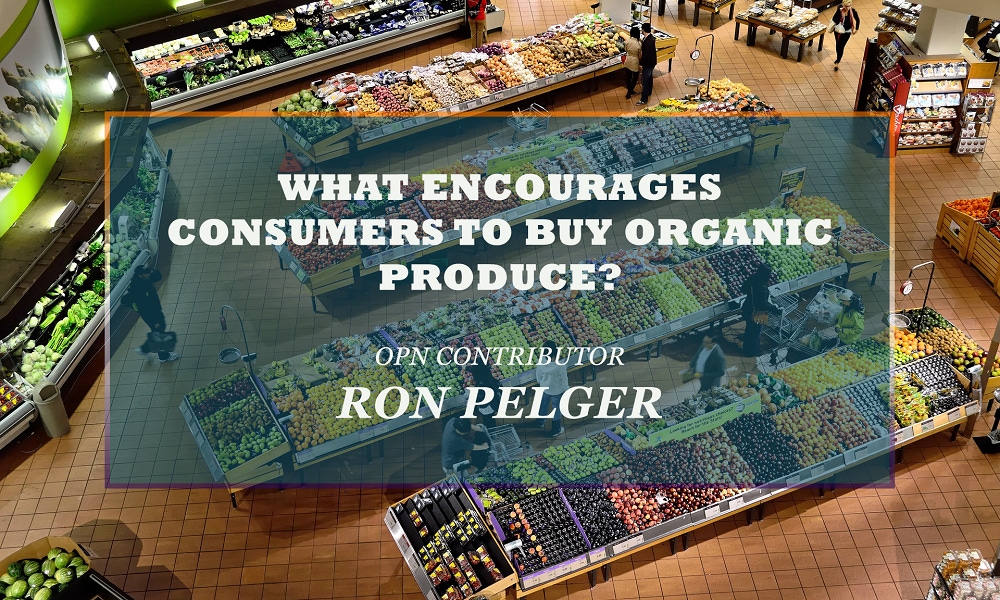What Encourages Consumers to Buy Organic Produce?
May 4, 2023

While the grocery business is always changing, consumers tend to be creatures of habit, preferring not to change their shopping practices and generally sticking to an ongoing routine, with little variance in the items they select.
The produce department provides an area where consumers are more apt to change their behavior and try something new or different. And while there are consumers who buy only conventional produce and those who prefer to buy only organic items, the lines continue to blur as they will substitute one for the other—usually based on cost.

When it comes to organic consumers, there are those who are true-blue supporters for a major reason—whether it's health, high nutritional value, or environmental sustainability issues. Those customers are willing to pay premium prices to satisfy those needs.
The organic consumer ranges from the devout advocates, who will buy nothing but organic, to those who regularly switch between conventional and organic. Shoppers who purchase organic produce items can be generally categorized into three groups:
Novice: These consumers are not sure about stepping over the line to make purchases of organic produce. They are mostly conventional shoppers who are not knowledgeable about organic produce and its value. These shoppers find it very difficult to purchase organic products, especially given their usually higher pricing.
The produce department provides an area where consumers are more apt to change their behavior and try something new or different.
Open-Minded: These are consumers who are willing to learn about the values of organic produce. They are testing the waters by starting to purchase a few organic items here and there. Many individuals in this category are changing their eating behaviors to benefit their health.
Advocate: This is a loyal group of consumers fully dedicated to only purchasing and consuming fresh organic produce. They are shoppers who enter the produce department and head directly over to the organic produce sections. They are well educated on the importance of health and nutrition. Younger generations are the largest advocates of the organic produce movement.
_.jpg?width=700&auto=webp&quality=80&disable=upscale)
The healthy lifestyle trend has grown over the past years, and organic produce consumption has increased immensely. Unquestionably, many younger consumers are concerned about chemicals in their food products and prefer pesticide-free fresh fruits and vegetables in their diets.

Vince Mastromauro, produce director for Sunset Foods & Grand Food stores headquartered in Highland Park, IL, sees a shift in the buying patterns of consumers.
“I have noticed that even with elevated retails, we are selling as much or a little more of the key category items such as berries, tomatoes, packaged salads, apples, citrus, potatoes, and onions. The overall shopping cart size has decreased. But more customers are focusing on buying smaller quantities and returning more often,” he said. “From what I am seeing, we have terrific sell-through on the organic side of the business. I instructed our managers to order closer to movement but to make sure they have the key items of each category always in stock and fresh.”
The demand for a better lifestyle in health has grown over the past years, and organic produce food consumption has increased immensely.
There are still organic challenges in the produce department as there are skeptics who shy away from purchasing organic items and instead stick with conventionally grown product. Consumer education is key to luring conventional produce customers over to organics and increasing organic sales and volume.
Ron Pelger is the owner of RonProCon, a produce industry advisory firm. He is also a produce industry merchandising director and a media writer. He can be contacted at 775-843-2394 or by e-mail at [email protected].

